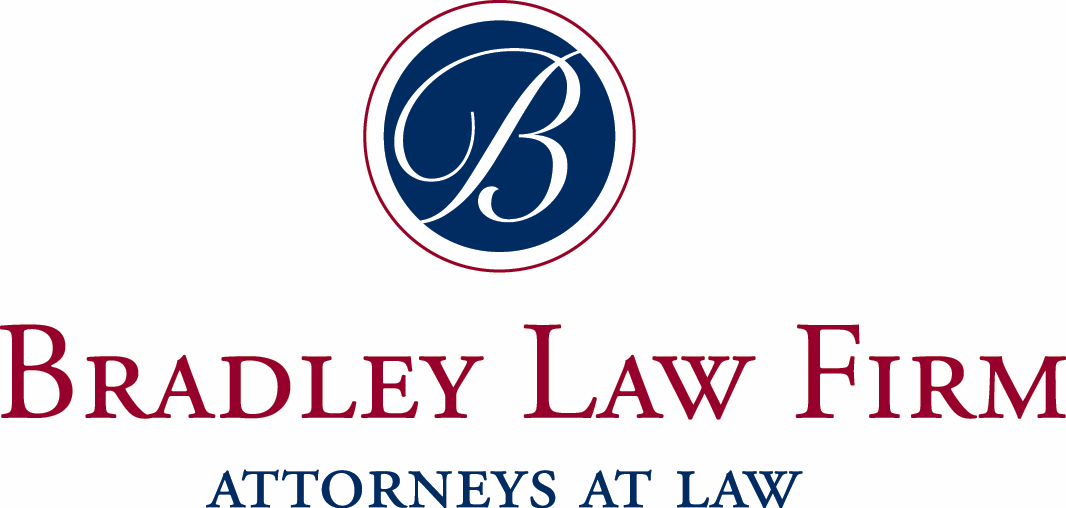By Michael Hammond
•
March 31, 2023
As an experienced estate litigator at Bradley & Hammond, I have witnessed firsthand the turmoil and heartache that can arise from estate disputes. When families find themselves in conflict over inheritance, emotions often escalate, resulting in a downward spiral of hostility and legal battles. This "conflict spiral" typically starts with minor disagreements and miscommunications that gradually snowball into larger disputes, culminating in litigation. Understanding the leading factors that drive estates into litigation can help you better prepare for and navigate these challenging situations. In this article, I will discuss the five most common factors that contribute to estate litigation in Texas and share my insights on how to resolve these issues effectively. Factor 1: Will Contests One of the primary factors leading to estate litigation is disputes over the validity of a will. A will contest occurs when an interested party challenges the legitimacy of a decedent's will, usually on one or more of the following grounds: Lack of testamentary capacity: The testator (person creating the will) must have been of sound mind and capable of understanding the nature and extent of their property, the people they were benefiting, and the implications of the document they were signing. An example would be a situation where an elderly parent creates a new will shortly before passing, leaving their estate to a caregiver while excluding their children, raising suspicions about the parent's mental capacity at the time of drafting the new will. Undue influence: This occurs when the testator's free will is overcome by the coercion or manipulation of another person, often to that person's advantage. For instance, a relative who isolates the testator and pressures them to change the distribution of their estate in favor of that relative could be exerting undue influence. Fraud: Fraudulent conduct can lead to a will contest if the testator was deceived or tricked into signing a document they believed to be something other than a will. For example, a family member might present the testator with a document claiming it to be a power of attorney but is, in fact, a new will that benefits the family member. Improper execution: In Texas, a will must comply with specific formalities to be considered valid. This includes being signed by the testator (or someone at the testator's direction and in their presence), in the presence of two or more credible witnesses who also sign the will (Texas Estates Code § 251.051). A will can be contested if it fails to meet these requirements. As a fierce advocate for my clients, I always strive to resolve will contests through negotiation and mediation, when possible. One of the best ways to avoid will contests is through meticulous estate planning and open communication with all interested parties. Factor 2: Trust Disputes Trusts are valuable tools in estate planning, but they can also be a source of conflict. Trust disputes often arise due to disagreements over the interpretation of trust provisions, trustee management, or allegations of breach of fiduciary duty. Here are some common trust-related issues that can lead to litigation: Interpretation of trust provisions: Trust documents can sometimes contain ambiguous language or unclear instructions, resulting in disputes among beneficiaries or between beneficiaries and the trustee. In Texas, courts can be petitioned to resolve ambiguities in a trust document (Texas Property Code § 112.054(a)). Trustee mismanagement: Beneficiaries might allege that a trustee has mismanaged trust assets, failed to provide proper accounting or failed to distribute assets according to the trust terms. A trustee has a duty to act in the best interests of the beneficiaries, and failure to do so can lead to litigation. In Texas, a trustee's actions can be subject to judicial review, and the court may remove a trustee if it finds a breach of fiduciary duty (Texas Property Code § 113.082). Breach of fiduciary duty: Trustees have a legal obligation to act in the best interests of the trust beneficiaries. This includes managing the trust assets prudently, avoiding conflicts of interest, and providing accurate and timely information to the beneficiaries. When a trustee is accused of breaching these duties, a dispute may arise that requires litigation to resolve. Like will contests, many of the issues that materialize with trusts can be avoided with careful estate planning. Trustee mismanagement issues in particular can be avoided by properly educating the trustee on his or her duties, picking the proper person to serve as trustee from the outset, or providing proper oversite and mechanisms for trustee removal. Factor 3: Guardianship Disputes Guardianships are established to protect and manage the affairs of individuals who are unable to make their own decisions due to mental or physical incapacity, including minor children. Disputes can arise when there is disagreement over the appointment of a guardian, the actions of the guardian, or the necessity of a guardianship. Some common reasons for guardianship disputes include: Necessity of guardianship: Family members or other interested parties may dispute whether a guardianship is truly necessary or whether a less restrictive alternative, such as a power of attorney or a supported decision-making agreement, might be more appropriate. Qualifications of the proposed guardian: Disagreements may arise over who should be appointed as a guardian, with family members or other interested parties questioning the qualifications, character, or motives of the proposed guardian. Breach of fiduciary duty by the guardian: A guardian has a legal obligation to act in the best interests of the ward (the person subject to the guardianship). If the guardian is accused of mismanaging the ward's assets, neglecting the ward's needs, or otherwise acting improperly, a dispute may arise that requires litigation to resolve. Factor 4: Joint Ownership and Beneficiary Designation Conflicts Joint ownership and beneficiary designations play a significant role in estate planning, but they can also lead to disputes. Here are some common issues that arise from joint ownership and beneficiary designations: Ambiguous or outdated designations: If a beneficiary designation is unclear, outdated, or inconsistent with other estate planning documents, disputes may arise among potential beneficiaries or between beneficiaries and the estate's personal representative. It is crucial to review and update beneficiary designations regularly, especially after major life events like marriage, divorce, or the birth of a child. Disagreements among joint owners: When property is jointly owned, disputes may arise over the management, use, or disposition of the property, particularly when one owner passes away, and their interest in the property passes to their heirs or beneficiaries. If the disagreements cannot be resolved outside of court, it often devolves into a partition action (in the case of real estate) which can be time consuming and costly for the joint owners. Family dynamics and disputes: Conflicts can arise due to pre-existing tensions among family members, differing opinions on how assets should be managed or distributed, or concerns about favoritism or unequal treatment. Factor 5: Creditor Claims Estate litigation can also arise from creditor claims against a decedent's estate. When a person passes away, their debts do not simply disappear; instead, their estate becomes responsible for settling any outstanding debts. Some common issues with creditor claims include: Disputed debts: Heirs or beneficiaries may challenge the validity of a debt, claiming that the debt has been paid, is invalid, or is otherwise unenforceable. Disputes can arise over the amount owed, the terms of the debt, or the legitimacy of the creditor's claim. Insufficient estate assets: If the decedent's estate lacks sufficient assets to cover all outstanding debts, disputes may arise among creditors or between creditors and the estate's personal representative over the priority and distribution of assets. Priority of claims: In Texas, certain creditor claims take priority over others (Texas Estates Code § 355.102). Disputes can arise over the proper classification and priority of claims, particularly when there are insufficient assets to satisfy all outstanding debts. Estate disputes can be complex, emotionally charged, and challenging to navigate. Understanding the leading factors that drive estates into litigation is crucial for anyone facing estate litigation in Texas or looking to initiate litigation. You should also understand, however, that winning any of these battles in court is extremely difficult and rare. Predicting success is almost impossible unless you have a slam-dunk case. When you approach an attorney for representation in an estate dispute, you should put your feelings aside and ask for a neutral evaluation of your case to help you determine whether litigating is worth your time, money, and stress. Will litigation itself cost you more than the inheritance you seek is worth? Can you resolve the issue with mediation instead of going to court? At Bradley Law Firm, our goal is to help clients avoid estate disputes through careful planning and open communication. If litigation is inevitable, however, we educate our clients and empower them with the information they need to initiate successful litigation or defend their rights. If you are facing estate litigation or concerned about a potential dispute, I encourage you to reach out to our experienced estate litigation team. We are here to guide you through the process and protect your interests every step of the way.



